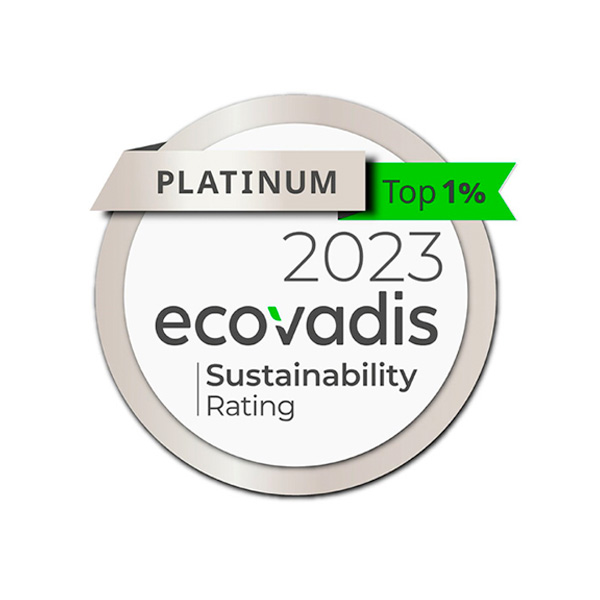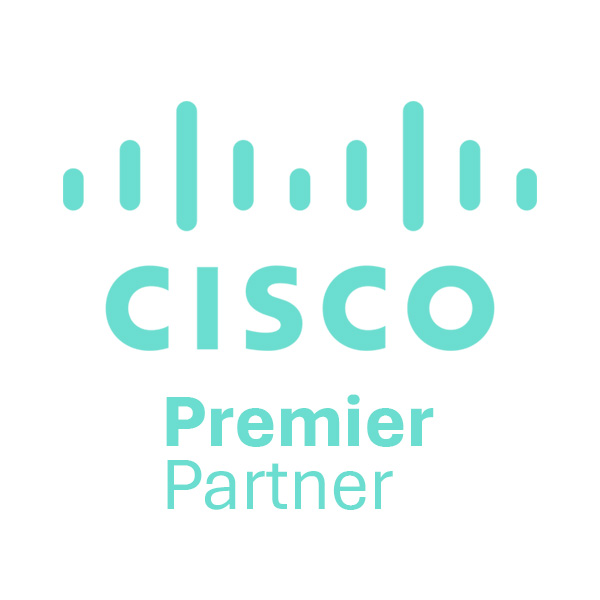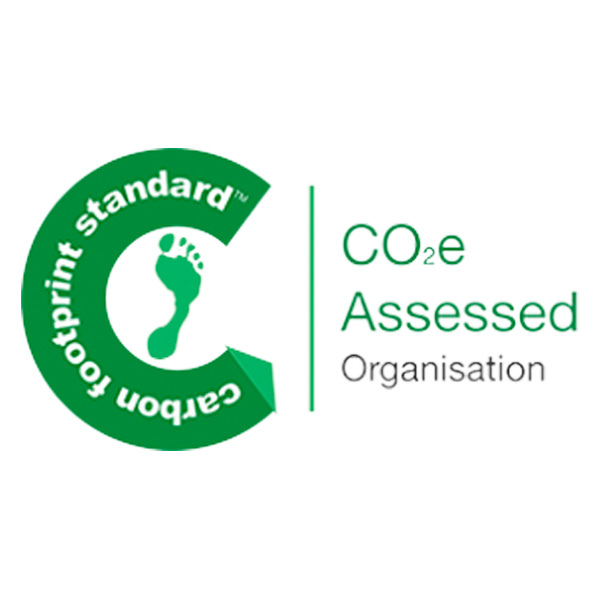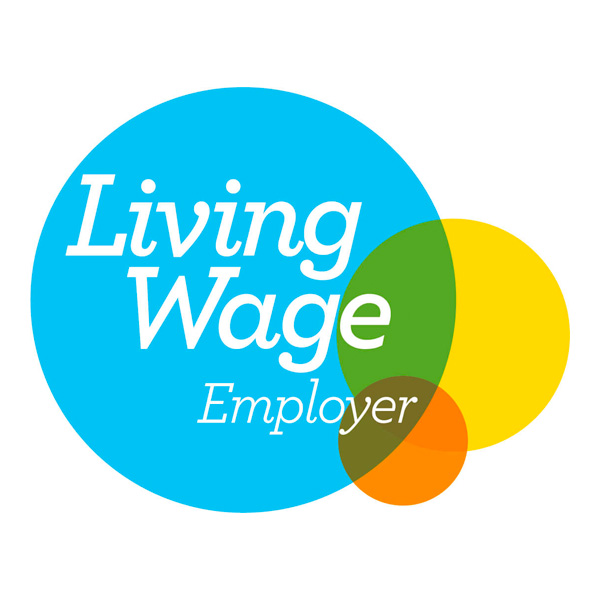Keri Gilder: Sustainability matters across all levels of the organisation and is central to how Colt operates. As a global network provider, IT infrastructure is integral to what we do and it’s extremely important that we’re environmentally mindful of how we procure it.
I think there are two reasons why remanufactured IT is important to our strategy. Firstly, it helps us reduce the carbon emissions of our supply chain, which contributes to lowering our Scope 3 GHG footprint. Secondly, it plays a key role in our Zero Waste to Landfill aim. We want to ensure sustainability by design and remanufactured IT is an integral part of that. We have to think about circularity and designing out waste, and that includes considering upgradeability, repair, second use and spares. A circular economy is much more environmentally sound than the traditional linear model, so we aim to use resources for longer and purchase remanufactured IT to minimise virgin materials where possible. This leads to an indirect reduction in CO2 emissions and, importantly, prevents toxic materials from entering waste streams.
KG: Technical resilience and high performance are a priority for Colt and we won’t put these at risk. We’ve never experienced any problems with the remanufactured equipment we have from Cistor (part of the Circularity First Group). In fact, we’ve created a proactive, resilient supply chain which allows for savings both in terms of cost and carbon. The equipment also comes with a warranty, so we know that we’re receiving reliable items.
KG: Our businesses have been working together since 2015 and in that time, we’ve purchased more than 33,000 units and prevented more than 40,000kg of eWaste using Refresh technology in place of new.
Working with Cistor ensures we receive an authorised remanufactured product whilst preventing the need for virgin materials and reducing the carbon impact. The remanufactured IT market can be challenging and as an authorised reseller, the quality guarantee from Cistor gives us welcome peace of mind. Cistor has helped us create a resilient supply chain through its proactive approach to sourcing items we need, planning for the future and keeping stock for us. This means we never run out of supplies, helping us provide a seamless service to our customers.
KG: We need to grow awareness of how ethically important sustainable IT practices are, of the economic benefits they can bring and the next steps we can take as an industry. Education is key. If technology leaders know more about the circular economy and the solutions available, such as remanufactured IT, they can make more informed, sustainable decisions around supply chains and equipment usage.
Collaboration and communication are also important. We need to work together to drive real change and become a sustainable industry, remembering the aim of benefitting our planet however best we can. Sharing best practice, ideas and recommendations are great ways we can work across our sector to have a positive environmental impact.
The sector needs to work together with manufacturers to bring further control and transparency of the second-hand market. We need to educate – new doesn’t necessarily mean better – and we need to change behaviours to build a holistic view of how products are designed and operated. Only then can we understand how we’re impacting the planet today and mitigate our impact in the future.
Extending the lifespan of equipment and how we deal with items at the end of their life is very important. We have to remove all precious metals and useable components and recirculate them back into the manufacturing process. A streamlined and consistent framework for governance, reporting and measurement would also help, alongside exploring alternative ways such as blockchain as a tool for monitoring serial numbers, chain of custody, inventory, track and trace, verification of products, triggers and controls.
Sustainable IT is more than simply the reuse and recycling of equipment. We need to be looking at the deployment of more energy efficient products, green cloud solutions, virtualisation, IoT and AI technologies to reduce the carbon footprint of our whole operation. It’s imperative that we look at the full value chain and begin to decarbonise through smarter purchasing choices. We also need to improve employee and industry awareness on sustainable IT practices. That’s good for the planet, good for our business and good for our customers carbon reduction plans.
KG: We need to grow awareness of how ethically important sustainable IT practices are, of the economic benefits they can bring and the next steps we can take as an industry. Education is key. If technology leaders know more about the circular economy and the solutions available, such as remanufactured IT, they can make more informed, sustainable decisions around supply chains and equipment usage.
We need to educate, new doesn’t necessarily mean better – and we need to change behaviours to build a holistic view of how products are designed and operated. Only then can we understand how we’re impacting the planet today and mitigate our impact in the future.
Collaboration and communication are also important. We need to work together to drive real change and become a sustainable industry, remembering the aim of benefitting our planet however best we can. Sharing best practice, ideas and recommendations are great ways we can work across our sector to have a positive environmental impact.
The sector needs to work together with manufacturers to bring further control and transparency of the second-hand market. We need to educate – new doesn’t necessarily mean better – and we need to change behaviours to build a holistic view of how products are designed and operated. Only then can we understand how we’re impacting the planet today and mitigate our impact in the future.
Extending the lifespan of equipment and how we deal with items at the end of their life is very important. We have to remove all precious metals and useable components and recirculate them back into the manufacturing process. A streamlined and consistent framework for governance, reporting and measurement would also help, alongside exploring alternative ways such as blockchain as a tool for monitoring serial numbers, chain of custody, inventory, track and trace, verification of products, triggers and controls.
Sustainable IT is more than simply the reuse and recycling of equipment. We need to be looking at the deployment of more energy efficient products, green cloud solutions, virtualisation, IoT and AI technologies to reduce the carbon footprint of our whole operation. It’s imperative that we look at the full value chain and begin to decarbonise through smarter purchasing choices. We also need to improve employee and industry awareness on sustainable IT practices. That’s good for the planet, good for our business and good for our customers carbon reduction plans.



